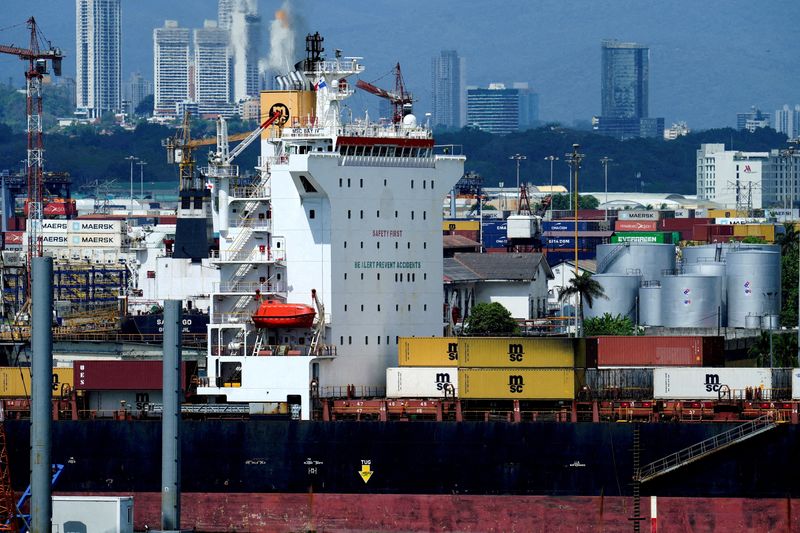Global Port Powerhouse: PSA Mulls Major Stake Sale in CK Hutchison's Maritime Empire

Singapore's premier port operator, PSA International, is reportedly considering divesting its minority stake in CK Hutchison's global ports portfolio, signaling a potential strategic shift in the maritime infrastructure landscape.
The move comes on the heels of CK Hutchison's bold announcement last month to sell its substantial 80% stake in a port business that includes two strategically positioned facilities near the Panama Canal. The proposed transaction would involve a consortium led by global investment giant BlackRock.
The potential sale has caught international attention, with U.S. President Donald Trump characterizing the deal as a symbolic "reclaiming" of the canal's economic significance. Tycoon Li Ka-shing's CK Hutchison appears to be reshaping its global port investment strategy through this landmark transaction.
Industry observers are closely watching PSA International's potential exit, which could represent a significant realignment of maritime infrastructure investments in the region. The exploration of a stake sale suggests a dynamic and evolving approach to port management and international maritime assets.
As negotiations continue, the global shipping and infrastructure investment community remains keenly interested in the potential outcomes of this high-profile potential divestment.
